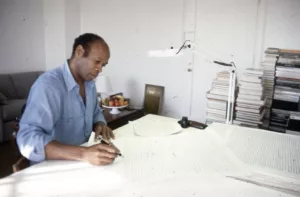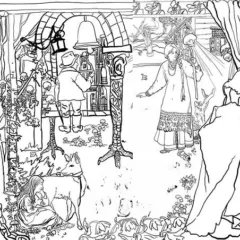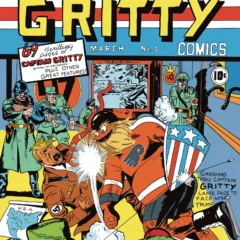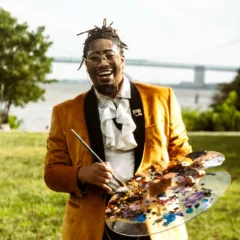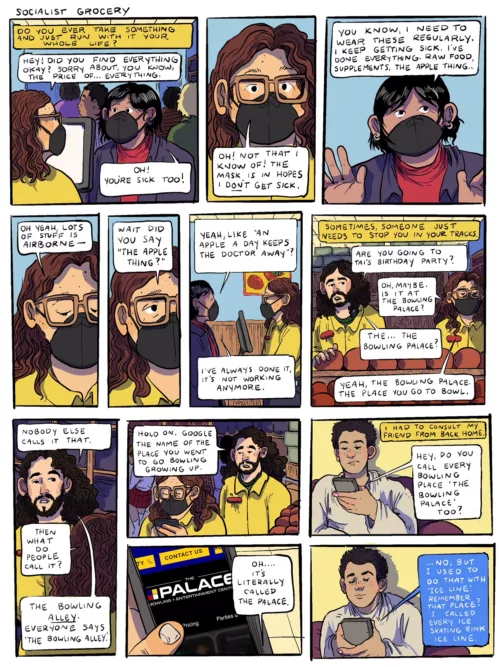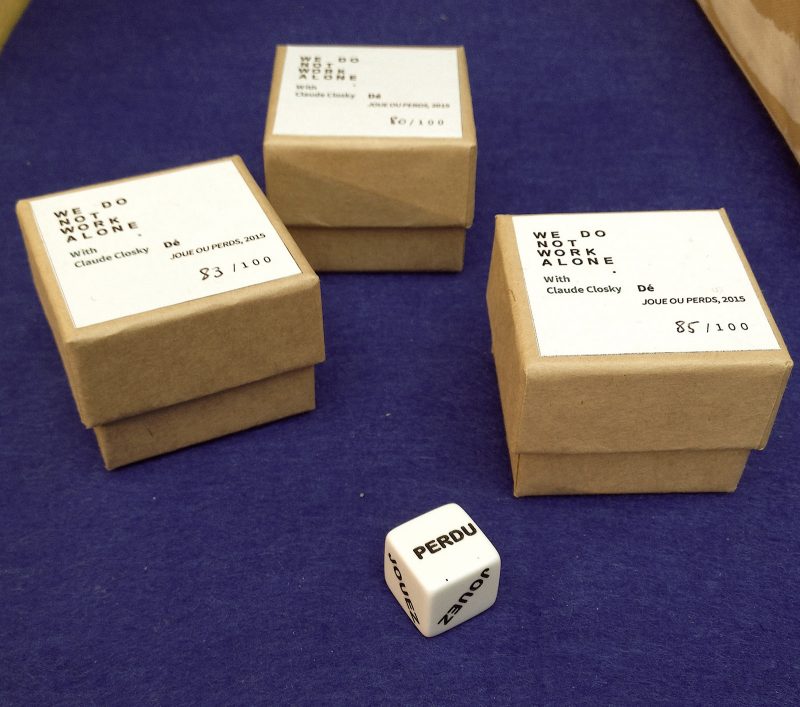
With the American elections still buzzing loudly in my head this weekend, I walked through chilly and rainy Paris streets pondering the ramifications and permutations of voting, not voting, the odds given by the pollsters, and the myriad events that preceded the election. I was dizzy and soon found myself at Off Print, the small publisher art and book fair at the Ecole des Beaux Arts on the Left Bank. There is safety in beauty! The 350-year old structure is a jewel that plays host to art and architecture students and the seasonal fashion shows underneath a dome vaulted glass.
Walking the aisles I was soon drawn to the Fluxus-like work, Dé, Joue ou Perdes (2015) by French conceptualist Claude Closky. A limited edition box work by the art publisher We Do Not Work Alone, is simple and wonderfully insane. It is also a metaphor in so many ways for what was echoing in my mind: A single die, with five of its six sides commanding: JOUEZ (play) and one, signaling: PERDU (lost). A restless game without end.
Dice are wonderful metaphors for our lives–the big fuzzy ones hanging from car mirrors, the street craps game, a math problem that generates a finitude of numbers from one or two small throwable objects. The dice themselves, usually cubes, sometimes tossed in pairs, their combined numbers tally totals that portend luck, evil, and all manner of meaning in between. While Einstein famously quipped “God doesn’t play dice with universe,” the physicist didn’t believe in a personal god, and his comment about dice actually concerned his doubts about quantum mechanics, the theory that claims nothing can be certain, that everything–at best–be can only described in terms of probabilities.
Closky, who loves his numbers, creates wonderfully baffling works–a web page that stretches 1 kilometer high and wide, print works with every combination of the four-digit PIN codes (10,000 of them!), books such as “The first thousand numbers classified in alphabetical order.” Closky is, in effect, a champion of “what if scenarios,” and I had to wonder as I tossed this die if “God”–as one Instagram poster on Instagram proclaimed–was responsible for putting the billionaire into the White House? Or just a random constellation of possibilities that coalesced into the single result? Or desire? Or a failed electoral system (“It’s rigged!”). Closky in this small work presaged our limitations–Play/Lose. Most of our opportunities he postulates, though limited, come up: Jouez (Play). I noted with some consternation that the artist affords us no way to “win.”


